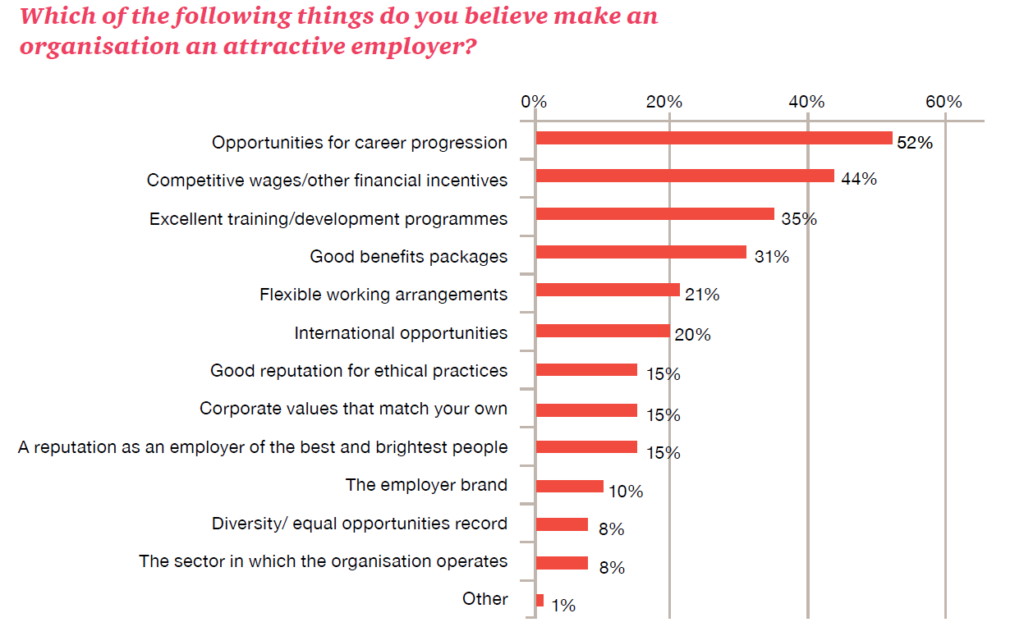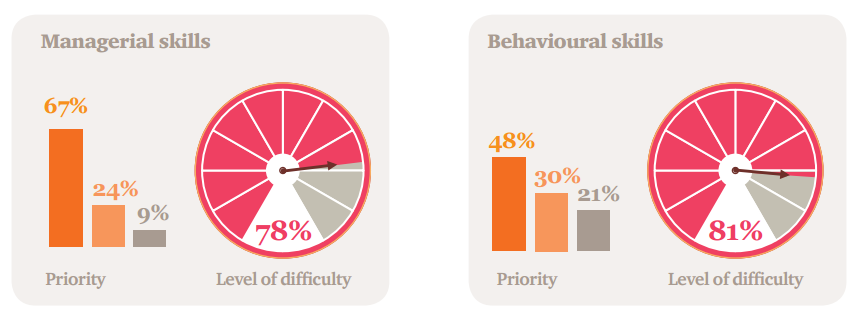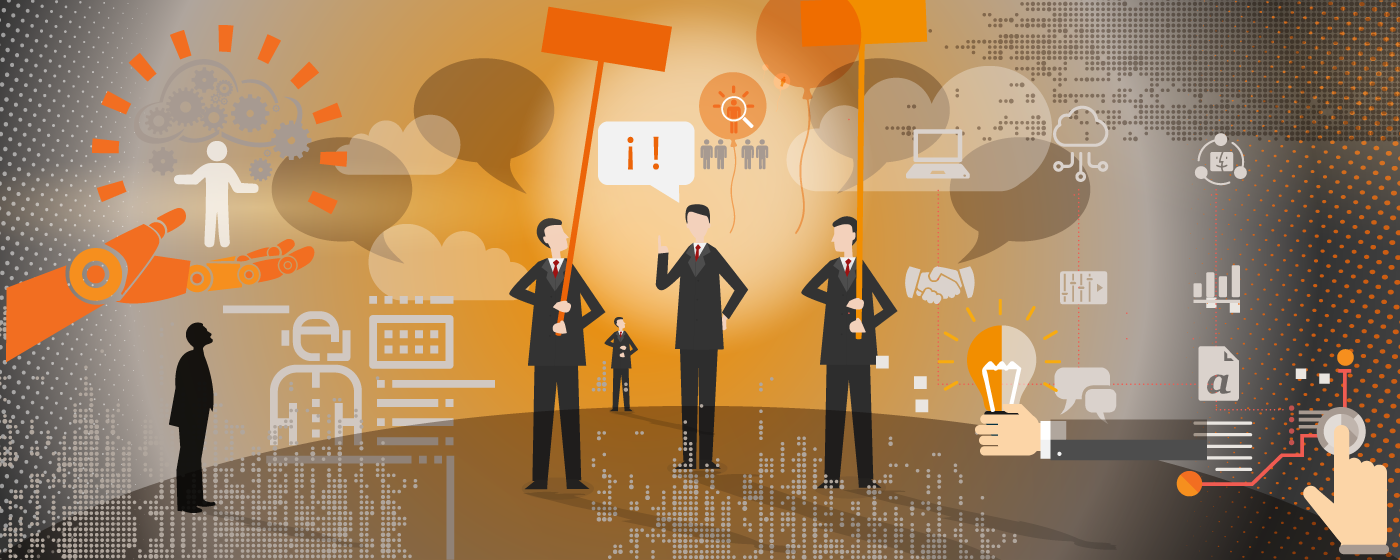As businesses transform their models to accommodate new technologies and deal with megatrends, we see Millennials replace Baby Boomers. The demographic change in workforce brings some challenges of its own. So, the question is: are Luxembourg firms ready to handle them?
What turns Millennials on – the future of employee engagement
By 2020, Millennials will form 50% of the global workforce, according to our study ‘Millennials at work’. Their use of technology clearly sets them apart. One of the defining characteristics of the millennial generation is their affinity with the digital world. Millennials tend to be uncomfortable with rigid corporate structures and turned off by information silos. They also expect rapid progression, a varied and interesting career and constant feedback. In other words, Millennials want a management style and corporate culture that is markedly different from anything that has gone before – one that meets their needs. These particular characteristics of Millennials need, therefore, a focused response from employers.
Our latest HR survey shows that in Luxembourg, companies have come to realise how important it is to measure the engagement of their employees. Two-thirds of them regularly measure the commitment and satisfaction of their employees through individual/group interviews and regular satisfaction surveys. For over 60% of the respondents, a lack of career opportunities within the company and the managerial practices are the most frequent reasons why they lose employees. With Millennials coming, however, they need to work on improving their employee engagement. The drivers for better retention rates they’ve identified are the expansion of responsibilities, the search for purpose and a balance between private and professional life. So, companies in Luxembourg seem to be on the right track; They now have to implement the right actions to activate these drivers.

Luxembourg companies focus on managerial and behavioural skills
Millennials expect to keep on learning as they enter the workplace and spend a high proportion of their time gaining new experiences and absorbing new information. 35% said they were attracted to employers who offer excellent training and development programmes for this reason and saw it as the top benefit they wanted from an employer.
Over half of firms we’ve interviewed in Luxembourg believe their training programmes are appropriate to increase the level of skills of their employees. Helping their employees acquire technical skills and get familiarised with the business and its processes is a straightforward, simple process. Yet when it comes to developing managerial and behavioural skills, it’s more difficult. 67% of respondents say managerial skills are their highest priority for the year to come and 48% of them put behavioural skills on the same level of importance.

Millennials want a flexible approach to work, but very regular feedback and encouragement. In addition, they want to feel their work is worthwhile and that their efforts are being recognised. Our survey shows there’s room for improvement in terms of performance management. 75% of our respondents think training managers in the evaluation of their teams’ performance is difficult. They also believe they could use better assessment tools and coaching/mentoring programmes, more fit for their situation.
The HR function must become strategic
At the moment, companies activate their HR function on a need-by-need basis, mainly for administrative projects. Very few of them see it as a major player in their business transformation. The arrival of Millennials could, however, give the HR function the chance to assert its role of enabler of cultural, organisational and technological change. So, a strong HR function, embedded in the core strategy, would enable companies to:
- Build a digital strategy and develop a strong employer brand to attract new talents;
- Develop innovative recruitment strategies;
- Develop career paths that “infuse” the digital world within the organisation and thus increase retention;
- Build tools and new models of collaboration within the company;
- Be the heart of the digital transformation programmes (including through training);
- Digitalise all HR processes;
- Modernise HR management.

